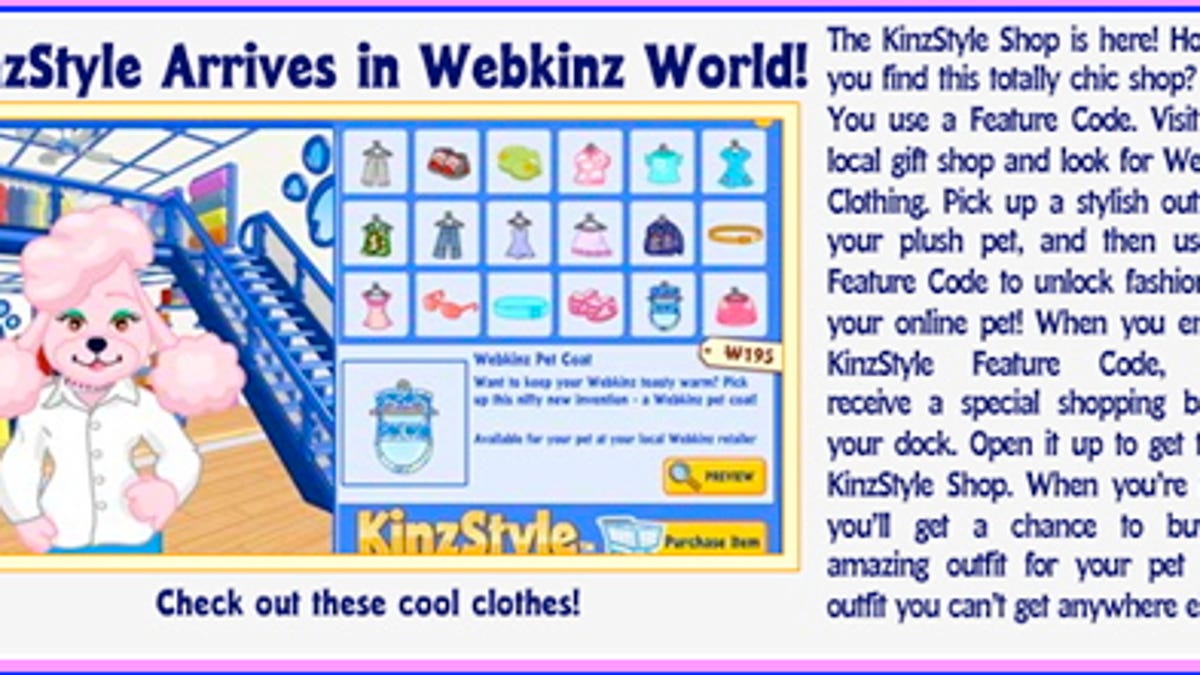When will kids' online safety be taken seriously?
Amy Tiemann of the CNET Blog Network wonders whether the online world can be both safe and commercial-free for kids.

I've been writing (parent.thesis) for about six months now, and the New Year seems like a good time to reflect on the themes that have developed. I love technology, and at the same time, I am cautious when it comes to kids and tech. Here are the three issues that are really bugging me right now:
• Disconnect between product design and online safety
• Commercialization of kids online
• Information control, privacy, and data mining
Disconnect between product design and online safety
Parents' online safety concerns are typically thrown back into their face without much sympathy: "If you wanted to have kids, why aren't you supervising them 24 hours a day?"
I will expand my critique of that unfair and dangerous oversimplification in a separate post, but for now I want to zero in on the idea that there is a great deal of low-hanging fruit for safety improvements in product design. Companies need to step up. When you go to Disney World, you expect Disney to provide a safe experience, and the company puts a great deal of effort into doing so. When you buy a car, you cannot personally inspect the brakes to make sure they work. Why can't users of sites such as MySpace.com or Facebook expect the same level of care being applied to create a safe online environment?
There are simple fixes that really should be done, starting with changing default settings to ensure more safety (i.e. your real name not displayed in your URL or e-mail address when you have selected an alias). More care should be taken to not show personally identifying information on a profile that has been set to private. For more specific advice and examples, I refer you to Linda Criddle's Web site and book, Look Both Ways. My point is that safety needs to begin with product design.
In the race to turn out new products, this crucial concept is often being left behind. I find it ironic that an industry that is nuts about computer security still has a hard time engaging the important topic of personal safety.
Commercialization of kids online
Of course, Web services are businesses, and many of them are very big businesses. I do not object to paid services, but I am very concerned about the rampant commercialism that is built into many entry-level Web activities for kids. My 8-year-old doesn't yet know that she is "supposed" to covet a flat-screen TV, but on Club Penguin, kids are taught that it's really cool to buy one for their avatar penguin's igloo.
Webkinz has a virtual world/real world upsell strategy. You buy a stuffed animal that has an online counterpart who socializes in the online world. Then you are encouraged to buy KinzStyle outfits for your stuffed animal, and those outfits show up on your avatar as well. To get into the online KinzStyle shop, where you can buy virtual clothes with KinzCash, you have to have bought a real-world outfit for cold, hard cash. So the $15 stuffed animal turns into a major investment, and your little kid who wasn't worried about fashion turns into Paris Hilton. OK, that's over the top, but the concept of a stuffed pony wearing rhinestone-studded jeans, in real life or online, just about blows my mind.
Parents are so concerned about finding safe online activities that they are willing to put up with a lot of commercialization. Webkinz and Club Penguin are major players in this space, but you can be sure that just about every media outlet and brand manager in the country is busy devising an online strategy.
Privacy and data mining
From Facebook to Google Reader, 2007 was the year that social networks got "too smart" for their own good. Not surprisingly, marketing was involved in the Facebook Beacon fiasco, turning users into unwitting advertisers. Both instances raise the question about who should control and own a person's online information. (Check out Robert Vamosi's article looking at this from a security point of view.)
I am not a lawyer, but most online user agreements I have read make it sound like once I enter my information into a Web site, the Web site can do whatever the heck it wants with it. A social networker's personal page is a data miner's dream. After all, what better way to create or fill out a comprehensive, updated consumer profile? And if that doesn't worry you, you might want to know that the Pentagon and National Security Agency are "funding research into the mass harvesting of the information that people post about themselves on social networks."
We need to think more about who owns and controls that information. Try this one: What if MySpace had been around when Hillary Clinton was in college? What if all her sophomoric college exploits were documented and stored on MySpace servers? MySpace is owned my Rupert Murdoch's News Corp. What are the chances News Corp. wouldn't be running that footage on Fox News during the presidential campaign?